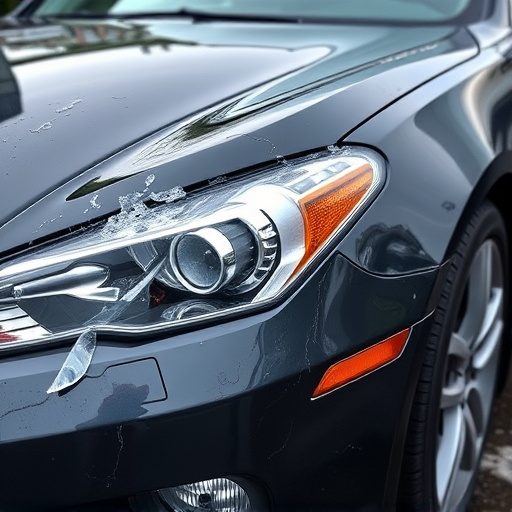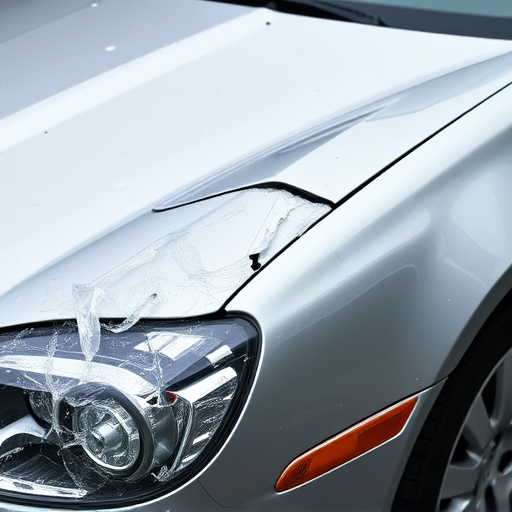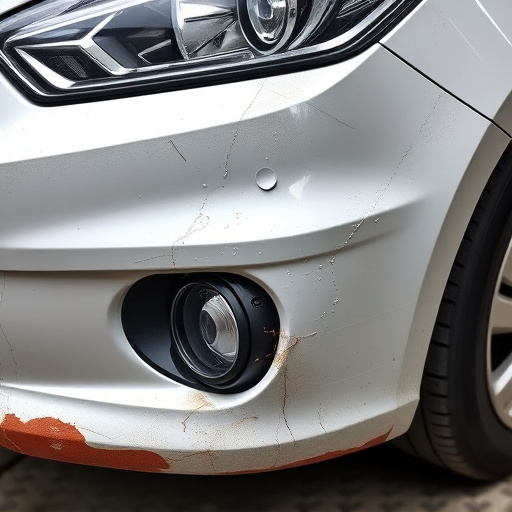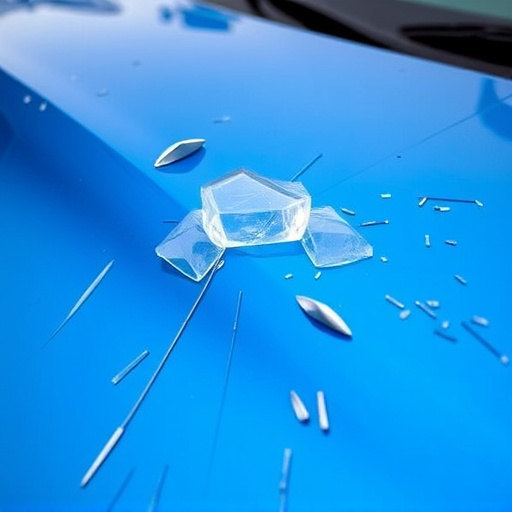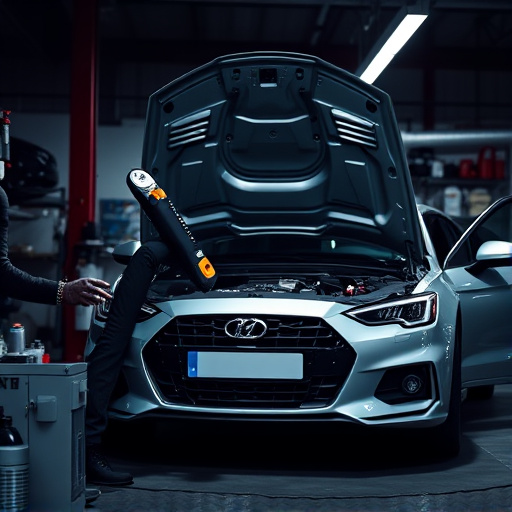Body panel insulation, using materials like foams, fiberglass, and composites, is vital in modern vehicles for enhanced thermal & acoustic comfort. It protects against extreme temps, improves fuel efficiency, & extends component lifespans. Adhering to OEM standards during repairs ensures structural integrity, aesthetic appeal, & customer satisfaction, positioning auto shops as providers of both cosmetic & performance solutions.
Body panel insulation is a critical component in modern vehicle design, offering both structural support and energy efficiency. This essential technology plays a pivotal role in meeting Original Equipment Manufacturer (OEM) quality standards, ensuring superior vehicle performance and fuel economy. By understanding the materials and benefits of body panel insulation, manufacturers can deliver quieter, more sustainable rides while adhering to stringent industry benchmarks.
- Understanding Body Panel Insulation: Materials and Benefits
- Ensuring Quality: Meeting OEM Standards
- The Impact of High-Quality Body Panel Insulation on Vehicle Performance and Efficiency
Understanding Body Panel Insulation: Materials and Benefits

Body panel insulation is a critical component in modern vehicle construction, offering both functional and aesthetic advantages. It involves the use of specialized materials to line and protect the interior surfaces of a vehicle’s body panels. This process is essential for maintaining structural integrity, preventing corrosion, and enhancing overall vehicle performance.
The primary materials used in body panel insulation include high-quality foams, fiberglass, and advanced composite substances. These materials provide excellent thermal insulation, reducing heat transfer and keeping the interior cool during hot weather. Moreover, they offer soundproofing benefits, minimizing noise levels inside the vehicle. In the context of tire services and vehicle body repair, proper insulation can extend the lifespan of a car’s components by safeguarding against temperature extremes, ultimately contributing to better fuel efficiency and smoother driving experiences in car restoration processes.
Ensuring Quality: Meeting OEM Standards

In the automotive industry, ensuring top-notch quality is paramount, especially when it comes to components like body panel insulation. Original Equipment Manufacturer (OEM) standards are set as the gold standard, dictating precise specifications for materials, manufacturing processes, and overall performance. When selecting body panel insulation, auto repair services must adhere to these stringent criteria to guarantee safety and reliability. This involves rigorous testing to meet or exceed OEM requirements, ensuring that every piece of insulation not only covers the required areas but also does so effectively without compromising structural integrity.
The quality of body panel insulation is crucial for several reasons. It not only contributes to the overall aesthetics during auto body painting but also plays a vital role in vehicle performance and safety. Properly installed insulation can enhance energy efficiency, reduce noise levels inside the cabin, and even improve the car’s handling dynamics. By meeting OEM standards, repair services can assure customers that their vehicles are in capable hands, receiving components designed to deliver both quality and peace of mind.
The Impact of High-Quality Body Panel Insulation on Vehicle Performance and Efficiency

High-quality body panel insulation plays a pivotal role in enhancing vehicle performance and efficiency. By effectively blocking heat transfer, insulated panels can significantly improve a car’s overall thermal management system. This is particularly crucial for modern vehicles with advanced electrical systems and components that generate substantial heat during operation. Not only does this prevent overheating, but it also ensures these components function optimally, leading to better vehicle dynamics.
Moreover, body panel insulation contributes to fuel efficiency by reducing the amount of energy lost due to heat leakage through the car’s exterior. This is especially notable in colder climates where efficient insulation can extend battery life and reduce the load on heating systems. For auto body shops specializing in vehicle paint repair and dent removal, offering vehicles with top-tier body panel insulation as a service enhances their reputation and caters to customers seeking not just cosmetic fixes but also performance-driven solutions.
Body panel insulation has evolved from a mere afterthought to an essential component in modern vehicle design. By understanding the materials and benefits it offers, manufacturers can ensure quality that meets OEM standards. This not only enhances vehicle performance and efficiency but also contributes to a more sustainable and quiet driving experience. Investing in high-quality body panel insulation is a game-changer for automotive manufacturing, providing both functional and environmental advantages.




